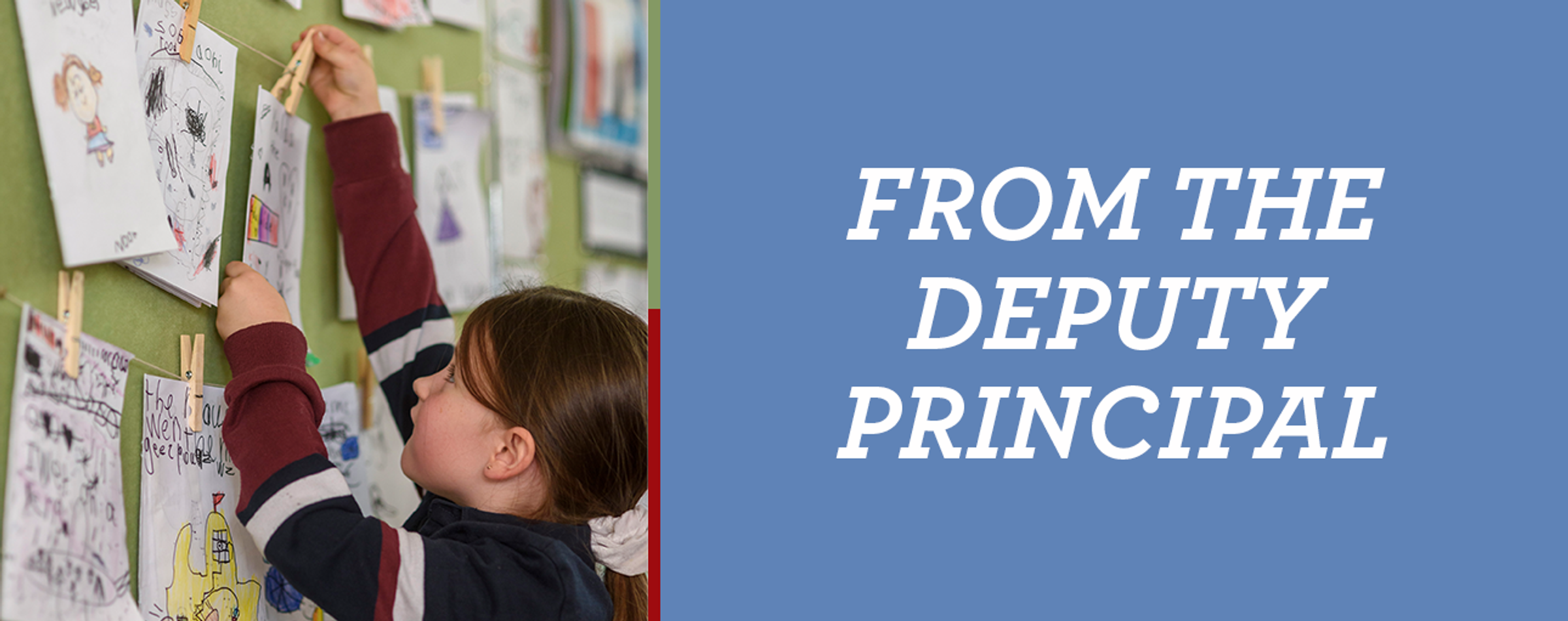From the Deputy Principal
Jason Fay

From the Deputy Principal
Jason Fay
A question I often have asked of me on school tours and by Year 6 parents is, ‘What about high school?’ The implication being that inquiry learning will only take children so far before we have to prepare them for high school.
Inquiry learning doesn’t prepare anyone for ‘high school’, or ‘university’ for that matter, it prepares children for learning, in whatever form it takes. Giving children copious amounts of homework and using text books doesn’t prepare anyone for high school either, it just teaches children that learning and education are sometimes very different things. Critics of inquiry learning will go so far as to say that this approach lacks structure, explicit teaching and is a little bit ambiguous. But this betrays a lack of training and familiarity with inquiry learning.
Last week in multiple sessions with Kath Murdoch, teachers revisited their role as explicit teachers during the inquiry process and the very deliberate and scientific ways they utilise pedagogical tools to inspire children to learn. In Kath’s book, ‘Getting Personal with Inquiry’, she details the six assets for inquiry learning:
All six feel pretty relevant to learning at any level of schooling, higher education or even pre-school. But Kath goes on as each asset is broken down into behaviours or actions that bring this asset to life. Some very limited examples include…
Martin Yate, a global expert on resumes, job search and career management says, ‘We are all problem solvers, paid to anticipate, identify, prevent, and solve problems within our areas of expertise. This applies to any job, at any level, in any organization, anywhere in the world, and being aware of this is absolutely vital to job search and career success in any field.’ This understanding of learning and learning dispositions is much broader than preparing children for Year 7 and Kath Murdoch is providing our teachers with a masterclass on how to bring these assets to life.